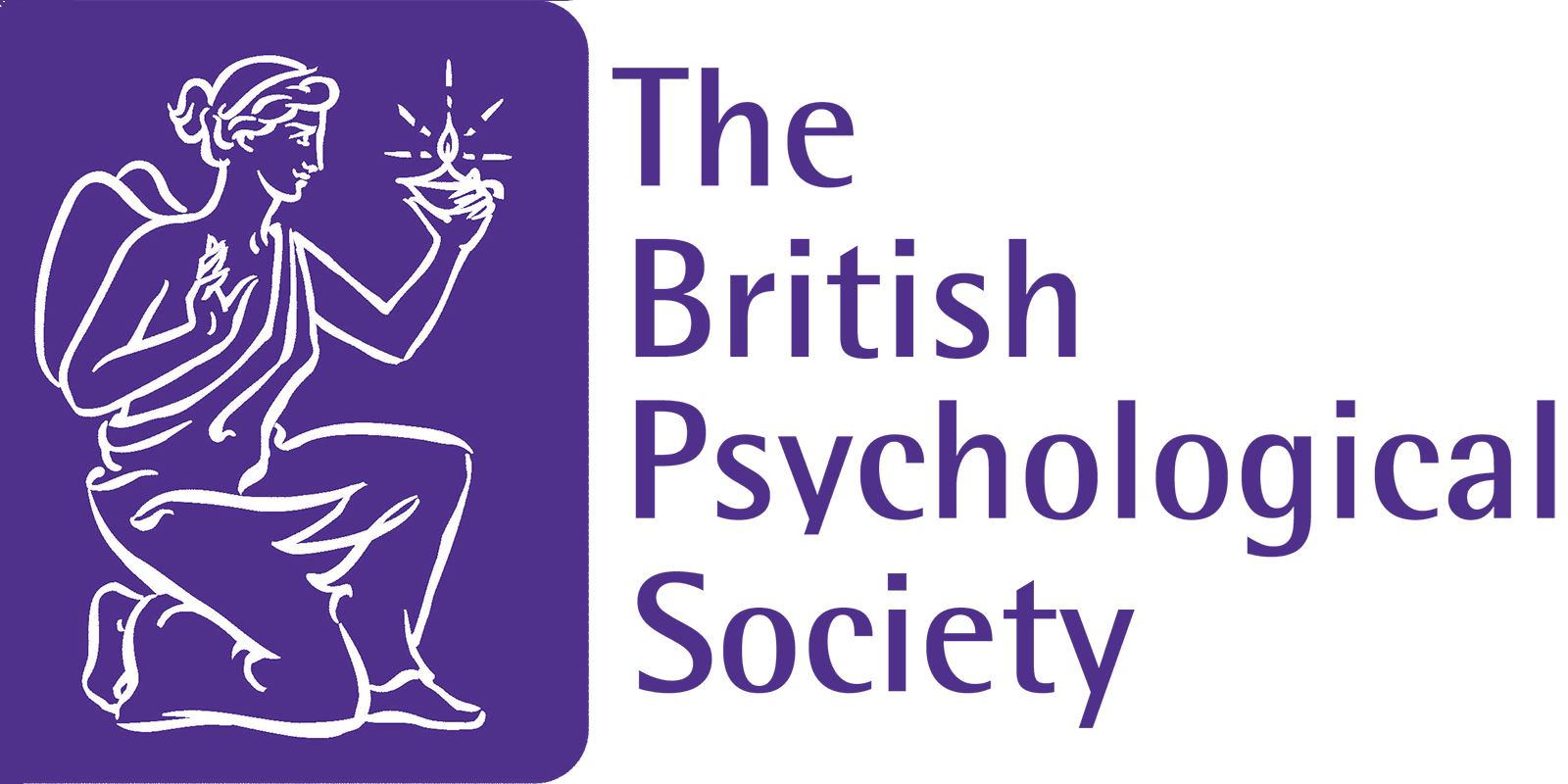Sport and Exercise Psychology, MSc
Become a Sport and Exercise psychology professional. Gain applied experience, industry leading theoretical and applied skills and the additional CIMSPA Health Navigator qualification.
The difference between good and great performance is psychological. Our MSc Sport and Exercise Psychology at the University of Greenwich prepares you to become a confident, ethical and highly employable practitioner in one of the fastest-growing areas of sport, health and human performance.
This course uniquely combines cutting-edge academic study with real-world professional training. Alongside advanced sport psychology expertise, students also have the opportunity to gain the CIMSPA Health Navigator qualification, a nationally recognised industry credential that enables graduates to work directly in exercise referral, behaviour change and public health environments.
You will learn how to enhance performance, motivation, resilience and wellbeing across a range of settings – from elite sport to community health programmes. With applied placements, practitioner mentoring and strong London industry links, you graduate not only with a Masters degree, but with additional professional accreditation and genuine career-ready experience.
This course is delivered by highly experienced applied practitioners who hold either British Psychological Society (BPS) and Health and Care Professions Council (HCPC) or British Association of Sport and Exercise Sciences (BASES) accreditation. Learn from experts currently working for the English Institute of Sport, Team Great Britain, British Athletics, professional football clubs, and professional cricket clubs. We combine high-quality teaching with world-class research and a vibrant student experience.
This Master's course will teach you how to apply psychological skills, techniques and theory to sports psychology populations. The course also meets the requirements for Stage 1 for the BPS qualification in Sport and Exercise Psychology and the BASES supervised experience pathway (Psychological Support).
School
Location
Duration
- 1 year full-time
- 2 years part-time
Start month
September
Home /international fees 2026/27
£11,800 /£18,700
What you should know about this course
What you will study
About the course team
Welcome to the MSc in Sport and Exercise Psychology. All lecturers delivering on the course work externally with organisations such as British Athletics, Charlton Athletic Football Club and English Institute of Sport. Furthermore, 100 per cent of the team hold a teaching qualification and have a sound knowledge of research within the area of Sport and Exercise Psychology.
Come and meet us
We are offering virtual events so you can still experience how Greenwich could be the right university for you.
Next Open Days
Got a question?
To find out more about our Open Days and Campus Tours or if you need any assistance, please email opendays@gre.ac.uk.
Entry requirements
A minimum of a 2:2 honours degree in Psychology, Sport Science, or a related discipline. Relevant professional experience in sport, coaching, fitness or health settings will also be considered.
Equivalent international qualifications are accepted. Applicants require IELTS 6.5 overall with no component below 6.0, or an equivalent English language qualification.
For more information, use our contact form or call us on 020 8331 9000.
You can also read our admissions policy.
Further information about entry
Applicants must submit a personal statement demonstrating motivation for applied sport psychology. Relevant coaching, fitness or wellbeing experience is desirable. Shortlisted applicants may be invited to interview.
Available to overseas students?
Yes
Can I use Prior Learning?
Relevant prior study or professional experience in psychology, sport, fitness or health contexts may be recognised through formal recognition of prior learning.
How you will learn
Teaching
Teaching is practical, applied and professionally focused. You will engage in workshops, consultancy simulations, laboratory sessions, group problem-based learning and supervised applied practice. Industry guest speakers and live client projects are embedded throughout the course, enabling you to practise sport psychology and health behaviour change skills in authentic real-world environments.
Class sizes
We maintain small, interactive cohorts to maximise personal support. Lectures and Seminars typically include 20–25 students. This ensures close mentoring from staff, meaningful applied supervision, and strong peer collaboration
Independent learning
Outside of timetabled sessions, you will need to dedicate time to self-study to prepare for coursework, presentations and exams. Our library and online resources will support your further reading and research. You can also join a range of student societies, including law and debating.
Overall workload
The programme blends lectures, seminars, applied placements and independent study. Full-time students typically attend campus two to three days per week, with additional time for professional practice, research and coursework. Workload is structured to develop academic expertise alongside the practical competencies required for BPS pathways and CIMSPA professional recognition.
Assessment
Assessments are designed to mirror professional practice. Instead of exams, you complete consultancy portfolios, client case studies, behaviour change plans, presentations and applied reports. This approach allows you to build a professional portfolio demonstrating both sport psychology competencies and CIMSPA Health Navigator skills valued by employers.
Feedback summary
Students receive detailed, developmental feedback through tutorials, formative assessments and placement supervision. Regular progress reviews ensure you continuously refine both academic understanding and professional practice skills.
Dates and timetables
The academic year runs from September to June.
Full teaching timetables are not usually available until term has started. For any queries, please use our contact form.
Fees and funding
University is a great investment in your future. English-domiciled graduate annual salaries were £10,500 more than non-graduates in 2023 - and the UK Government projects that 88% of new jobs by 2035 will be at graduate level.
(Source: DfE Graduate labour market statistics: 2023/DfE Labour market and skills projections: 2020 to 2035).
| Cohort | Full time | Part time | Distance learning |
|---|---|---|---|
| Home | £11,800 | £1,967 per 30 credits | N/A |
| International | £18,700 | £3,117 per 30 credits | N/A |
Accommodation costs
Whether you choose to live in halls of residence or rent privately, we can help you find what you're looking for. University accommodation is available from £126.35 per person per week (bills included), depending on your location and preferences. If you require more space or facilities, these options are available at a slightly higher cost.
Scholarships and bursaries
We offer a wide range of financial help including scholarships and bursaries.
International Scholarship Award
International students who hold an offer to study at the University of Greenwich could receive a tuition fee discount worth up to £2,500 in their first year, for students from India, Sri Lanka, Nepal, Bangladesh, Pakistan, Nigeria or Ghana.
International Scholarship Award
Greenwich Progression Bursary
£3,000 bursary for home fee paying University of Greenwich final year undergraduate students and Alumni.
EU Bursary
Following the UK's departure from the European Union, we are supporting new EU students by offering a substantial fee-reduction for studying.
Financial support
We want your time at university to be enjoyable, rewarding, and free of unnecessary stress, so planning your finances before you come to university can help to reduce financial concerns. We can offer advice on living costs and budgeting, as well as on awards, allowances and loans.
Further costs may include (but are not limited to):
- Resources: you may need to purchase books for your studies, as well as specific computer software (estimate, £150 per year)
- Memberships: applying for membership of a professional body may incur further costs
- Field trips: you may need to contribute towards any trips required for your course (estimate, £300).
Careers and placements
What sort of careers do graduates pursue?
Graduates progress into diverse roles including sport psychology consultant, performance lifestyle advisor, wellbeing coach, exercise referral specialist and community health practitioner. The additional CIMSPA Health Navigator qualification opens career routes in the NHS, local authorities, gyms, charities and public health programmes. The MSc also provides an excellent foundation for BPS Stage 2 training, doctoral study and HCPC registration as a Sport and Exercise Psychologist.
Do you provide employability services?
You will benefit from specialist careers coaching, professional skills workshops, networking events and employer engagement activities. Support includes CV development, applied practice business development and guidance on progressing toward BPS accreditation, CASES accreditation, HCPC accreditation and CIMSPA membership and wider health and sport sector careers.
Accommodation
Greenwich
Living in halls of residence is a great way to make new friends and get into the social side of university life. With four great locations, all minutes away from the campus and the centre of historic Greenwich , you will be at the heart of one of the most beautiful university settings in the UK.
Rooms start at £146.30/wk and include Wi-Fi, utility bills, access to our on-campus gym and 24-hour security - and just a 10-minute train journey to central London. Students based at our Greenwich campus can also choose to live the Student Village at Avery Hill, which is only a short ride on our free shuttle bus.
Support and advice
Academic skills and study support
Every student is allocated a personal tutor who provides academic guidance, pastoral care and professional mentoring. Additional help is available through research skills workshops, dissertation supervision, learning support services and one-to-one academic advice throughout your studies.Support from the department
The School of Human Sciences provides comprehensive postgraduate support including dedicated study spaces, wellbeing services, library specialists and disability support. Our friendly and inclusive learning environment ensures you are fully supported academically, professionally and personally from enrolment to graduation.
Not quite what you were looking for?
We've got plenty of other courses for you to choose from. Browse our postgraduate courses or check our related courses below.....
PE, sport and exercise science at the University of Greenwich
Are you interested in teaching or coaching sport? We stand out as one of the few London universities with sports pitches on campus, plus we’ve got a new strength and conditioning lab and great links with Charlton Athletic FC.
Visit our PE, sport and exercise science degrees page.
PE, sport and exercise science degrees
Psychology at the University of Greenwich
Gain an understanding of human behaviour and mental processes and develop your research skills. Many of our courses are accredited by the British Psychological Society and some include study in fields related to psychology, such as counselling.
Visit our psychology degrees page.
Mode of study
Select from the dropdown below.
| Course level | |
| UCAS code | |
| Duration | |
| Location |








